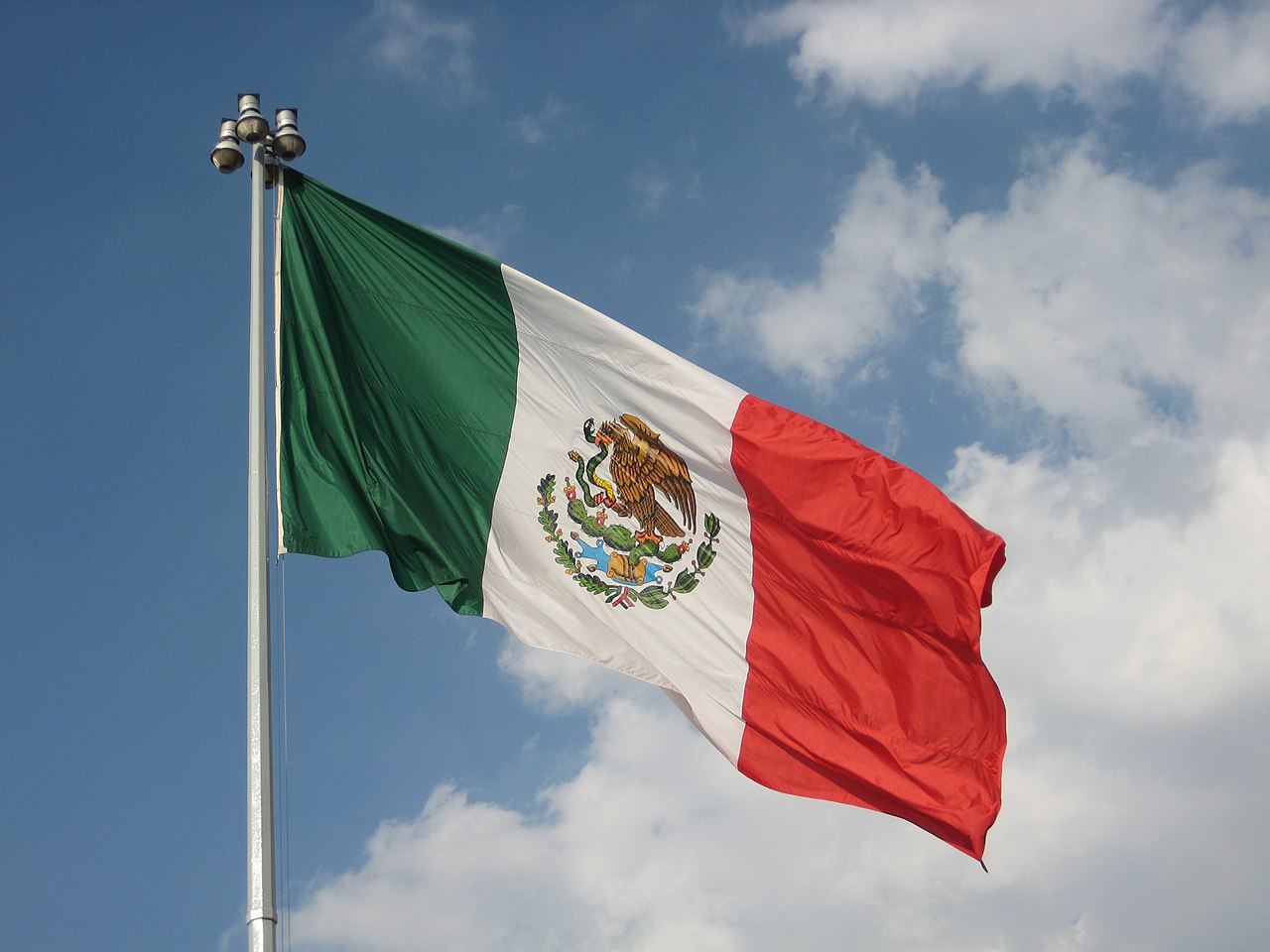According to Texas-based economic analysis firm The Perryman Group, Texas lost an estimated $4.23 billion in GDP while Governor Greg Abbott’s unconstitutional changes to trucking inspection procedures were in place from April 6 through 15. However, while Abbott eventually lifted the controversial policy after only 10 days, it appears his controversial display of political theater will continue to have lasting ramifications for the Texan economy.
At a conference in Mexico City on April 28, Mexico’s chief economic official Tatiana Clouthier declared a major change to her country’s trade policy: “We’re now not going to use Texas.” The comment was made in reference to the construction of the T-MEC Corridor, a long-in-the-works infrastructure plan that will attempt to speed up the supply chain by linking ports on Mexico’s Pacific Coast to railway and logistics networks in the United States and Canada.
The corridor’s route into the US was originally planned to go through Texas due to its economy’s deep connections with that of Mexico. No longer though, as the Mexican government is now likely to move construction to the border crossing in Santa Teresa, New Mexico, situated just 20 miles from El Paso. “We can’t leave all the eggs in one basket and be hostages to someone who wants to use trade as a political tool,” Clouthier explained.
A report by the Dallas Morning News highlighted how Abbott’s inspection protocols “only boosted Santa Teresa, an already thriving community with a port of entry where companies also produce materials and components for factories in Mexico” and that has “long offered a rapid alternative to congested border crossings in El Paso.”
New Mexican trade officials seemed pleasantly surprised by this surprising development in the project. Alicia Keyes, the Secretary of New Mexico’s Economic Development Department, remarked in an email to Transport Topics that “the actions of Texas Governor Abbott to upend international trade and create economic uncertainty emphasizes the urgent need for a more resilient international border” through supporting efforts like a New Mexico “cross-border rail line that can ease commercial trade bottlenecks.”
Some officials, like Border Industrial Association president Jerry Pacheco, were less reserved in their joy for how Abbott’s actions backfired. “We also absolutely play politics with the border,” Pacheco exclaimed to the Dallas Morning News, “but we play to bring more trade from Mexico through our New Mexico ports of entry, not to impede trade.”
Abbott’s political showmanship might not have led to the discovery any undocumented migrants or illegal drugs like he had hoped, but it did cost Texas a chance at growing its trade economy.




